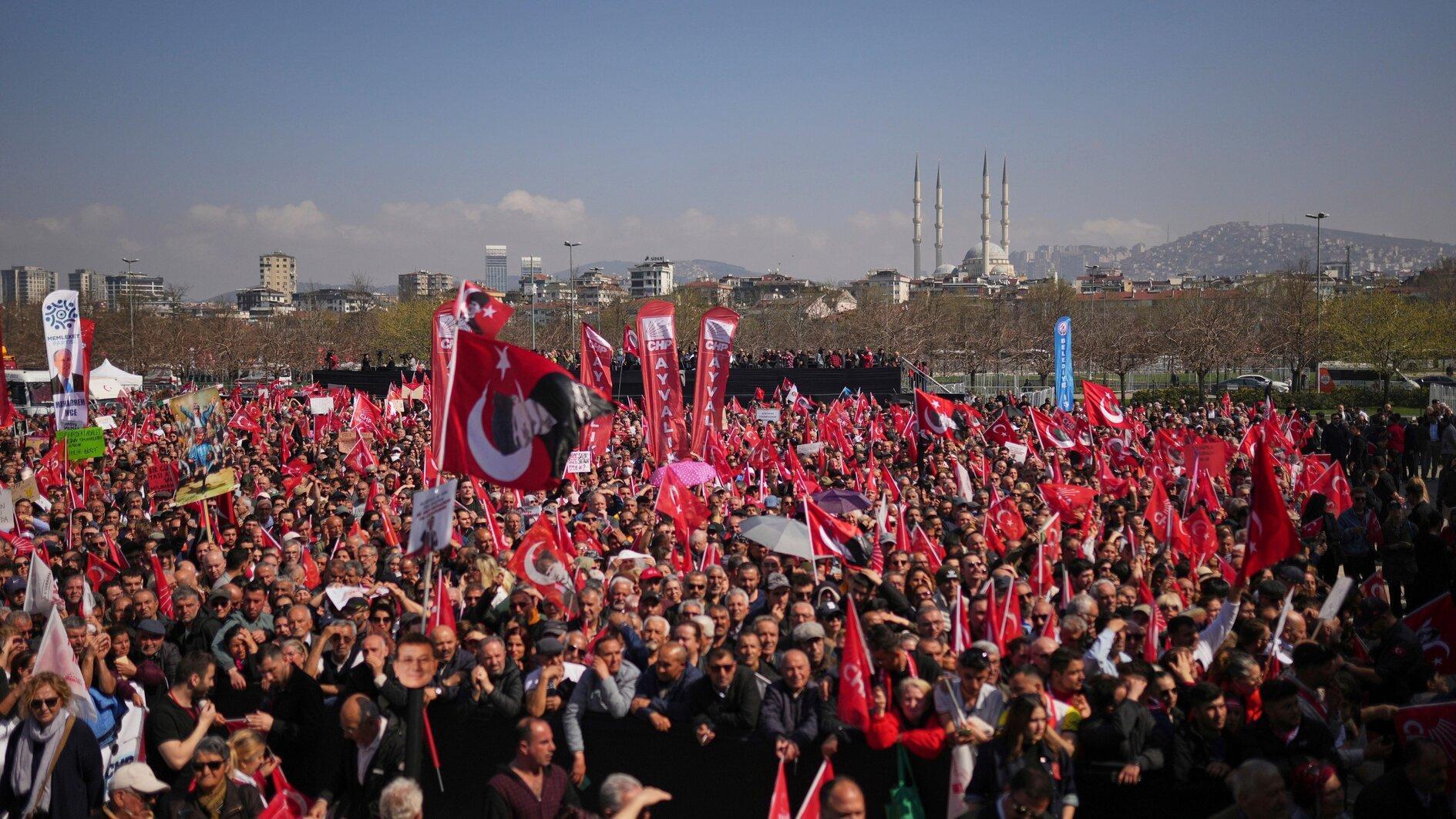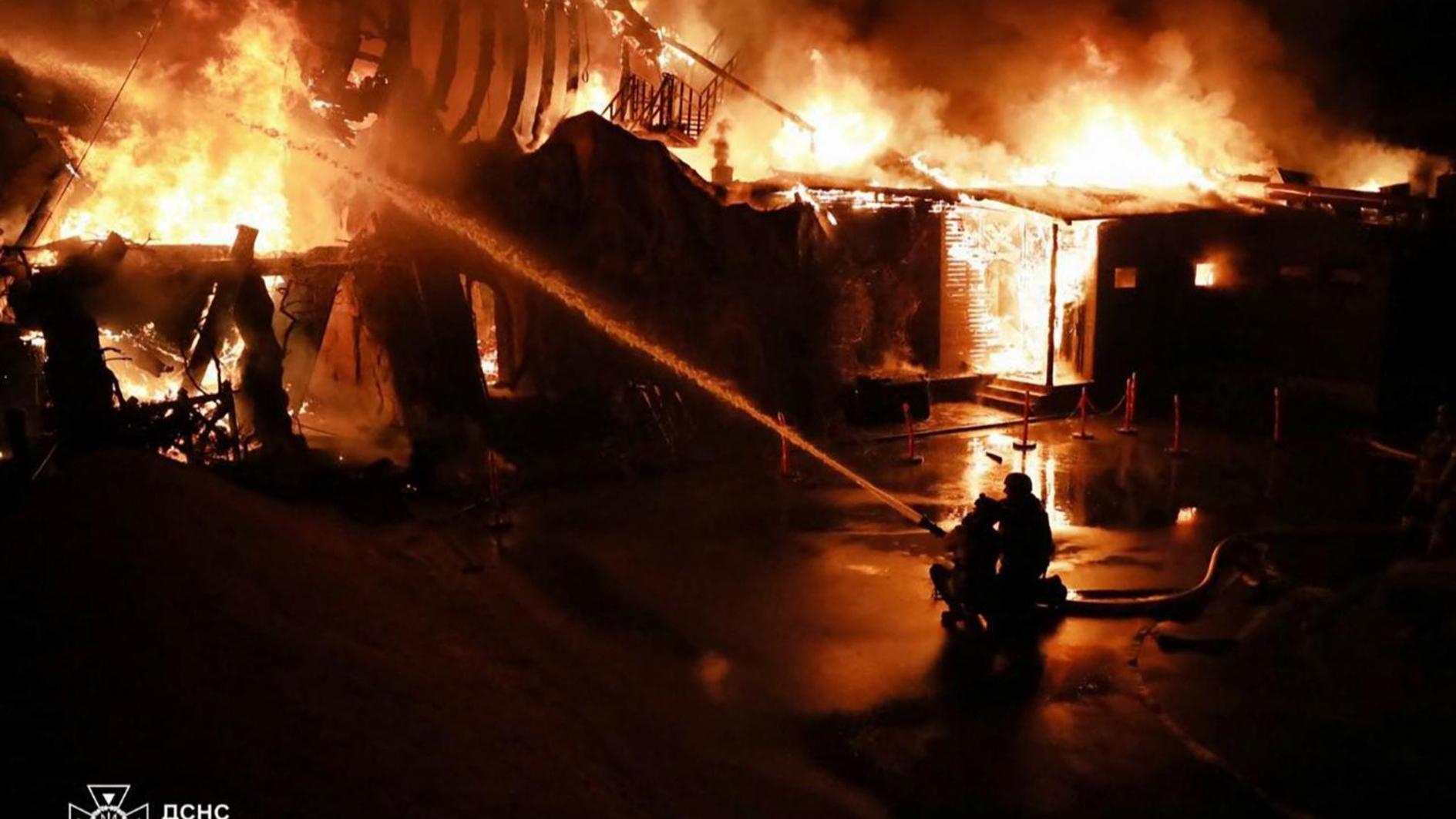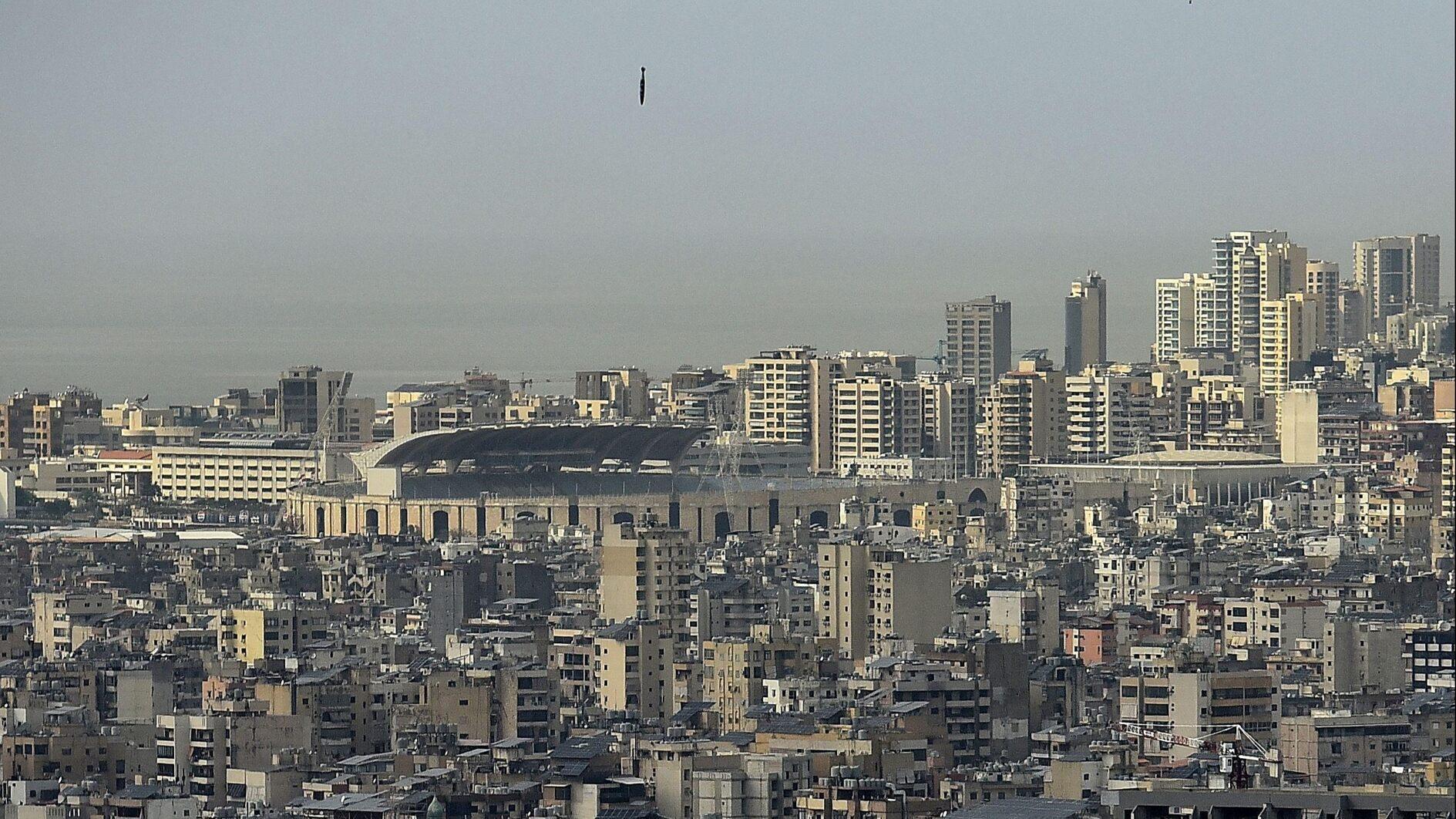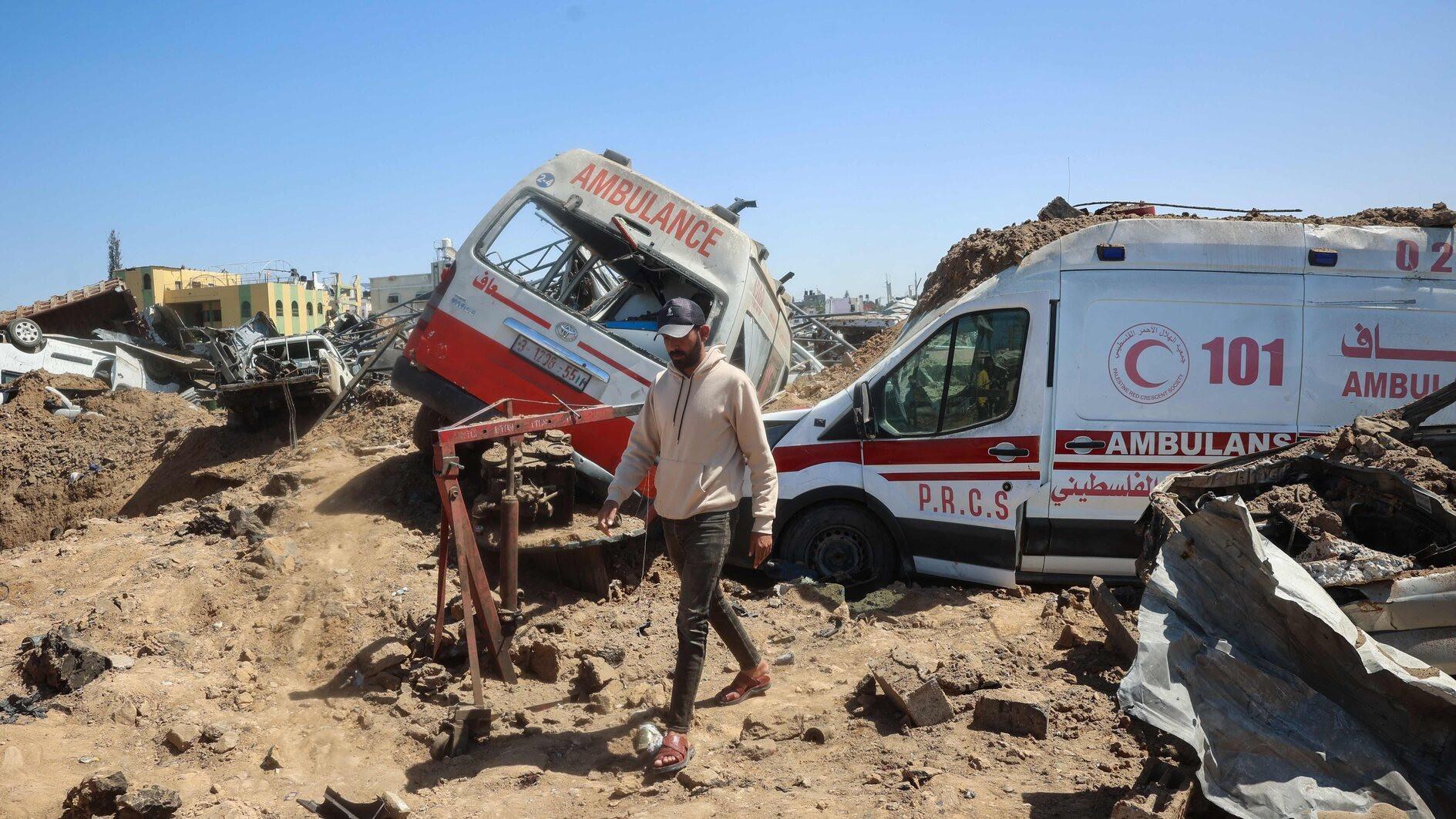NATO unveils three key threats to West interests
BRUSSELS
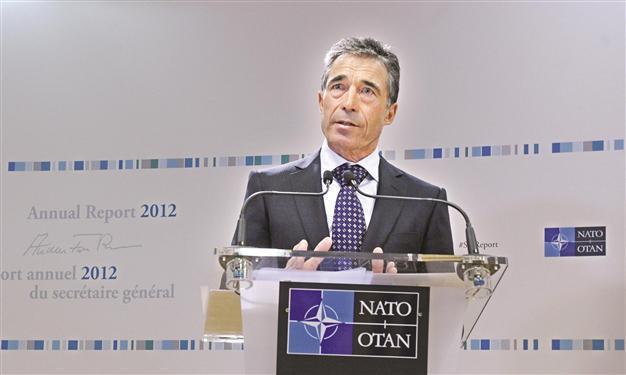
NATO Secretary Rasmussen. AFP photo
Declining defense expenditure within NATO could compromise the alliance’s ability to contribute to international crisis management efforts while emerging powers boost theirs, NATO chief Anders Fogh Rasmussen warned yesterday.In his annual report, Rasmussen said defense spending among the allies is increasingly uneven, not just between North America and Europe, but also among European allies, as some cut defense spending more than others. “Total defense spending by the allies in recent years has been going down, while the defense spending of new and emerging powers has been going up. If these spending trends continue, we could find ourselves facing three serious gaps that would place NATO’s military capacity and political credibility at risk,” he said.
“There is a risk of a widening intra-European gap. While some allies will continue to acquire modern defense capabilities, others might find it difficult to do so.” This would limit the ability of allies to work together in international crisis management, according to the NATO chief. As a second risk, the growing transatlantic gap would limit the practical ability of NATO’s European nations to work together with their North American allies. But it would also risk weakening political support for the alliance in the U.S.
“Finally, the rise of emerging powers could create a growing gap between their capacity to act and exert influence on the international stage and our ability to do so,” he said.
“Together, these three gaps could gradually compromise the alliance’s ability to contribute to international crisis management efforts and cooperative security initiatives,” he added.
Rasmussen also warned that defense budgets have declined at a time when the alliance has undertaken it’s most demanding and significant mission ever, the Afghanistan mission, and when the need for investment in capabilities is essential. He said that overly deep defense cuts could worsen the West’s economic crisis by weakening defense industries that are key drivers of innovation, jobs and exports. “Investment in defense cannot solve our economic problems. But if we cut defense spending too much, there is the risk that we could make the economic situation worse,” he said.
Cost of insecurity higher
The global financial crisis has forced many NATO allies into drastic measures to reduce their budget deficits, leading to sometimes sharp cuts in defense spending. Only a handful of the 28 NATO allies, the U.S., Britain and Greece, last year spent more on defense than the two percent of Gross Domestic Product target set by NATO.
Rasmussen also noted that the cost of insecurity can be much higher as there is a price to pay for security. “Any decisions we take today will have an impact on the security of our children and grandchildren. This is why NATO Allies must hold the line on defense spending in 2013,” he said.



